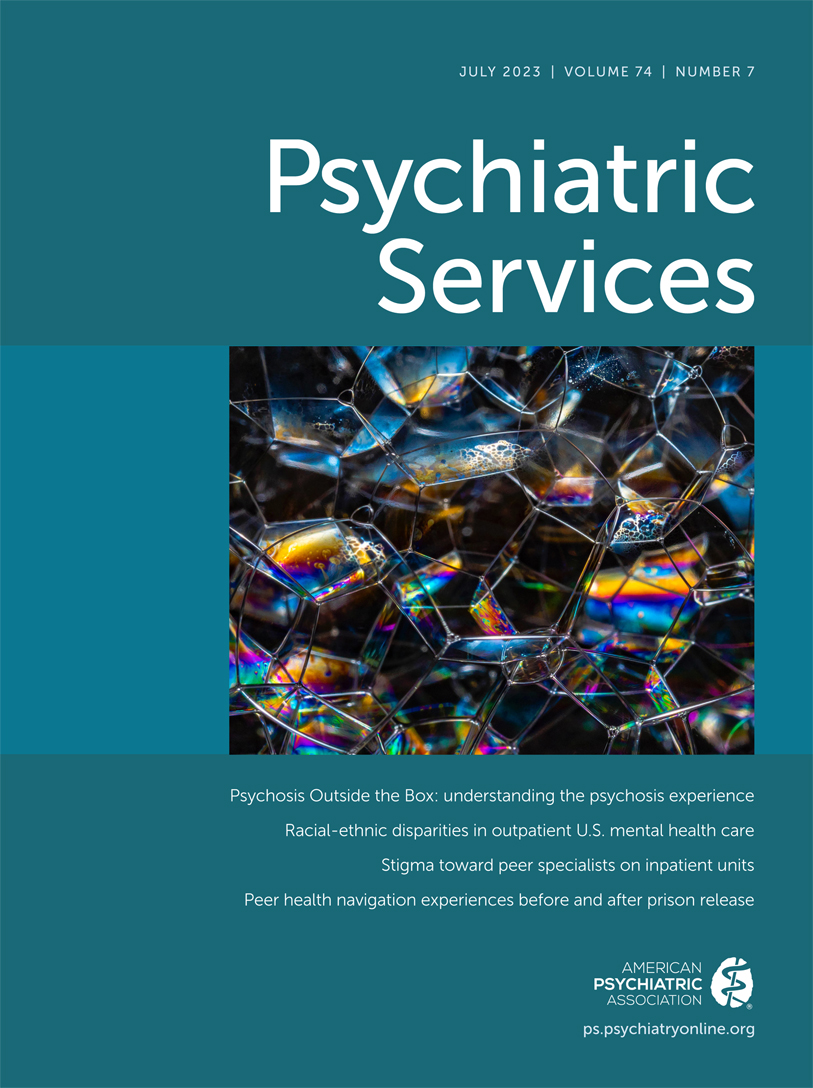Peer Health Navigation Experiences Before and After Prison Release Among People With Opioid Use Disorder
Abstract
Objective:
Recently incarcerated people with opioid use disorder are at high risk of overdose and adverse outcomes as a result of biopsychosocial risk factors. Peer support models aiming to improve these outcomes have expanded in recent years. This qualitative study aimed to document participants’ experiences with peer health navigation before and after prison release, examine participants’ perspectives on the role of peer health navigators, and understand participants’ views on service improvements.
Methods:
The authors conducted in-depth, semistructured interviews with 39 recipients of peer health navigation at release, 30 of whom also completed a follow-up interview 3 months later. Interviews were analyzed via cross-case analysis.
Results:
Interviewees differently valued the various types of support they received. Participants appreciated working with someone with shared lived experience with whom they could establish a trusting relationship. Nevertheless, structural and policy barriers meant that certain key needs—such as housing and employment—could not always be met.
Conclusions:
Peer health navigators can connect participants to evidence-based treatment and help them address their psychosocial needs and develop skills to support long-term wellness. Further research is needed to assess the impact of peer health navigation on participant outcomes, such as overdose reduction, treatment engagement, and sustained recovery.
Access content
To read the fulltext, please use one of the options below to sign in or purchase access.- Personal login
- Institutional Login
- Sign in via OpenAthens
- Register for access
-
Please login/register if you wish to pair your device and check access availability.
Not a subscriber?
PsychiatryOnline subscription options offer access to the DSM-5 library, books, journals, CME, and patient resources. This all-in-one virtual library provides psychiatrists and mental health professionals with key resources for diagnosis, treatment, research, and professional development.
Need more help? PsychiatryOnline Customer Service may be reached by emailing [email protected] or by calling 800-368-5777 (in the U.S.) or 703-907-7322 (outside the U.S.).



